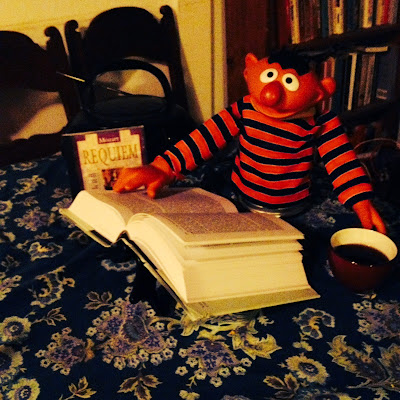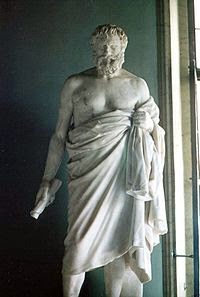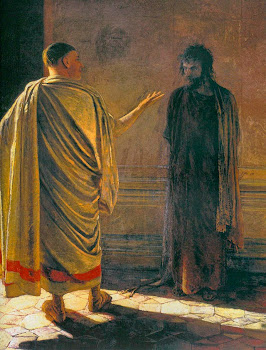Leaves from the Notebook of a Lapsed Barthian

I have a confession to make: I never finished reading CD I/2. (Do I hear a collective gasp of shock emanating from somewhere deep within New Jersey?). It's not like I didn't have ample chances. I made my first pass at it in 1997 in a seminar on the Dogmatics at the University of Chicago. But Chicago is on the quarter system, and it's physically impossible to read the CD in ten weeks -- unless, that is, one doesn't engage in such other activities as eating, sleeping, laundry, etc. As it was, it was bloody hard enough to keep up with the reading. Portrait of the author as a young man, attempting to read CD I/2 for the first time. Eight years later, while I was dissertating, I made another serious go at it; honestly, I truly did. It was the summer of Hurricane Katrina and everyone was on edge. My mother-in-law had lived in New Orleans back in the day, as had my parents and I, when I was a wee lad, back when my dad was in seminary. I recall riding from Amherst, Ma...


